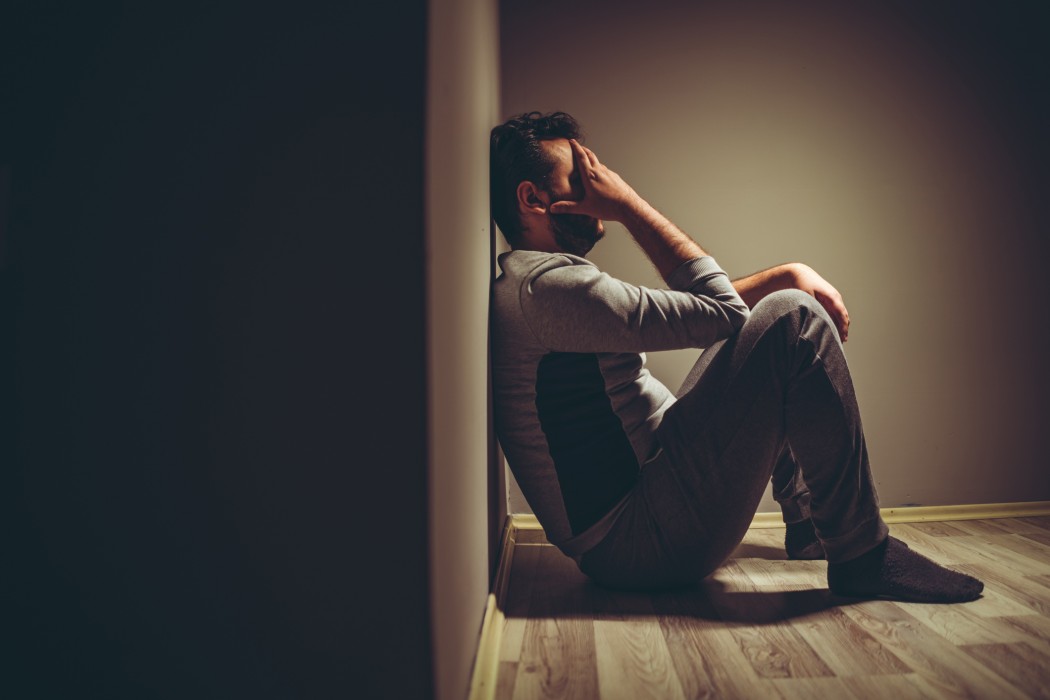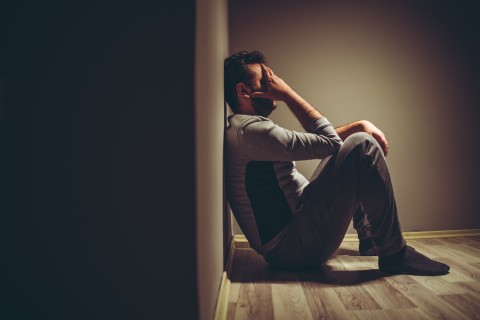The Coronavirus Pandemic’s Wide-Reaching Impact on Behavioral Health Patients

The coronavirus pandemic has had many ramifications aside from than the virus itself. Everyone’s day-to-day activities have been impacted by COVID-19 and everything that has come with it.
One particularly vulnerable group are individuals battling with substance abuse. Michelle Langfield, LCSW, at Hackensack Meridian Mountainside Medical Center has seen the impact of the coronavirus pandemic on patients and understands the struggles this pandemic has placed on the shoulders of those recovering from substance abuse.
“The pandemic has caused global trauma,” said Langfield. “For patients with identified substance abuse or mental health issues, the pandemic has generally exacerbated those issues. People in recovery are lacking their regular structure and socialization. This puts them at a higher risk for relapse and continued use. Anxiety is high for most people at this time. If you struggled with anxiety prior to the pandemic this can be amplified due to reduced access to resources.”
Traumatic experiences, including isolation while staying at home, can trigger individuals to revisit addictive behaviors.
“Research on the connection with COVID-19 and substance use is limited,” said Langfield. ““Substance use, in general, may lower the immune response, which can pose a worsening outcome for an individual who contracts COVID-19.”COVID-19 prevention guidelines such as social distancing, wearing masks and staying home may not be the priority for a person with an active addiction. During that phase of illness, the person is primarily concerned with obtaining the substance and may take a greater amount of risk.”
While much is still up in the air as the world grapples with COVID-19 and the societal implications, there are still safe options available for individuals looking for support while dealing with addiction.
“People can seek help during these times at places such as Mountainside Medical Center Behavioral Health Services, which provides a continuum of care starting in the Emergency Department and including Inpatient Behavioral Health Unit, Intensive Outpatient Program and Outpatient Counseling and Medication Management,” said Langfield. “Most insurances are accepted, and visits are completed primarily via telepsychiatry. AA, NA, Al-Anon, SMART Recovery, Recovery Dharma and Life Recovery are free online support for group recovery. There are also suicide hotline numbers, as well as substance abuse hotlines. 1-800-SUICIDE and 1-800-273-TALK are suicide hotline numbers. 1-800-662-HELP is SAMSHA’s nation helpline number.”
To discuss treatment options, call the intake clinician for Mountainside Medical Center Outpatient Behavioral Health at 973-429-6775.





